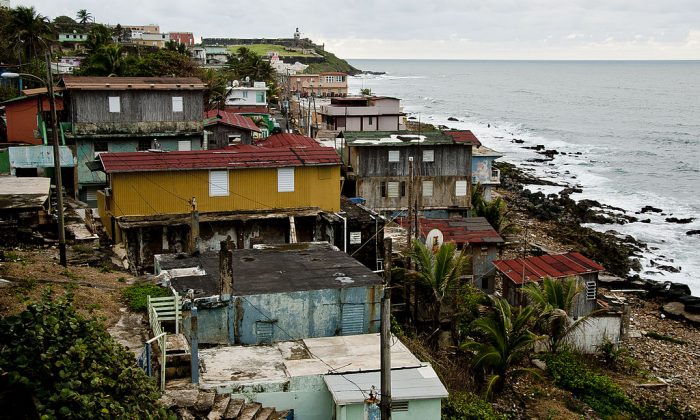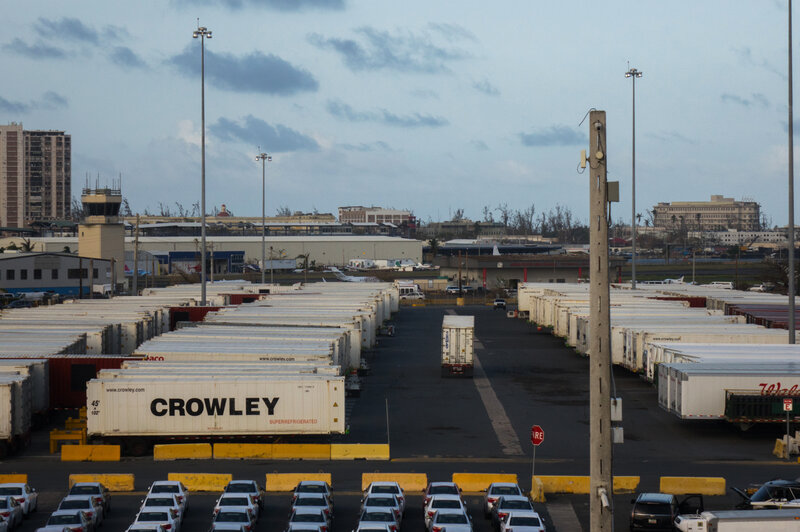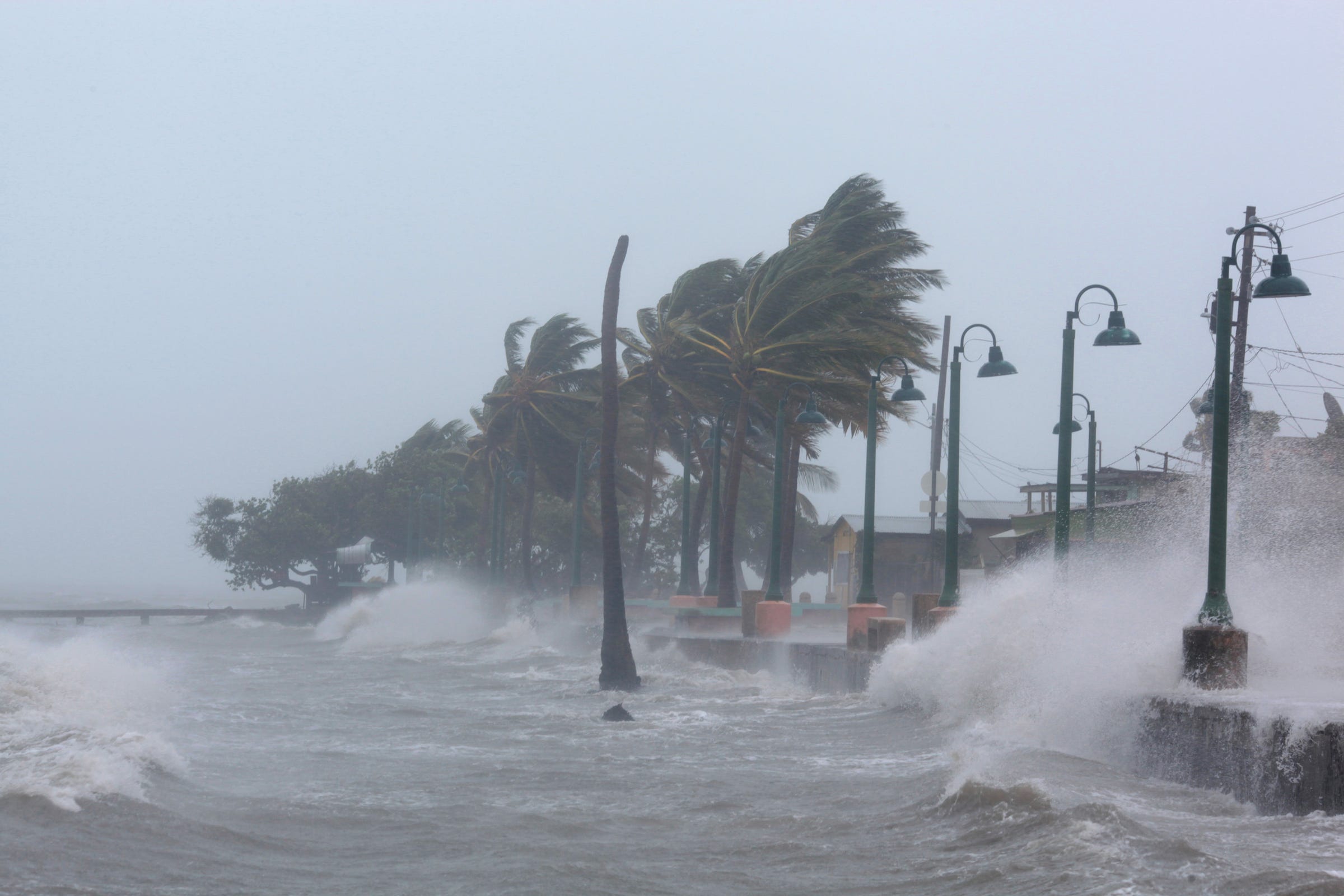- Joined
- Dec 6, 2010
- Messages
- 33,423
- Reaction score
- 5,684
San Juan mayor's complaints dismissed as 'political noise' by FEMA chief
By ELLIE SMITH | Oct 8, 2017
By ELLIE SMITH | Oct 8, 2017
The San Juan mayor’s continuing complaints about the federal emergency response to the devastation in Puerto Rico from Hurricane Maria are just "political noise," said Brock Long, administrator of the Federal Emergency Management Agency.
“We filtered out the mayor a long time ago," Long told ABC News "This Week" co-anchor Martha Raddatz on Sunday. "We don't have time for the political noise.”
The mayor of Puerto Rico's capital city, Carmen Yulín Cruz, has slammed President Donald Trump and the federal response to the damage to the U.S. territory since Hurricane Maria struck over two weeks ago.
Cruz continued her criticism in a tweet this morning, claiming that San Juan had requested support from FEMA following power outages but had received “nothing,” and that the U.S. government “does not want to help.”
Long said FEMA is flying patients from Puerto Rican hospitals without power to a massive Naval hospital ship, the U.S.N.S. Comfort docked at San Juan.
He added that in regard to ongoing work to restore Puerto Rico's power grid, "we're restringing a very fragile system every day. As we make progress, simple thunderstorms pass through, knock the progress out."
With another hurricane, Nate, having hit the Gulf Coast early today -- the fourth to make landfall in the U.S. this hurricane season -- the FEMA chief told Raddatz that the emergency management agency is stretched thin.
“Money’s not the issue. Congress has been on top of that working with us,” Long said.
But, he said, the "bottom line is ... that over nearly 85 percent of my entire agency is deployed right now. We're still working massive issues in [response to hurricanes] Harvey, Irma, as well as the issues in Puerto Rico and the Virgin Islands, and now this one."
http://abcnews.go.com/Politics/san-...missed-political-noise-fema/story?id=50353414
Last edited:





